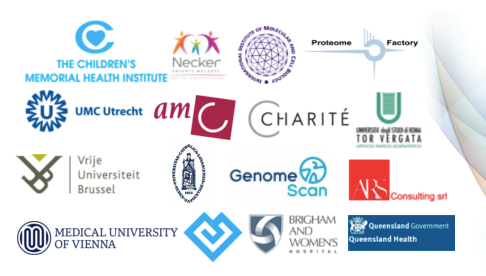
EPISTOP (Long-term, prospective study evaluating clinical and molecular biomarkers of EPIleptogenesiS in a genetic model of epilepsy – Tuberous sclerOsis comPlex) is a European consortium that has been studying the potential benefits of early treatment with vigabatrin to prevent seizures in TSC. Trial results were just published in the Annals of Neurology.
In the EPISTOP clinical trial, TSC infants without epilepsy were enrolled and monitored by video EEG on a monthly basis. When early signs of epilepsy were seen on EEG, approximately half the infants received preventive treatment with vigabatrin and half received conventional treatment, meaning no vigabatrin until seizures developed. The leader of the project, which included 10 clinical sites across Europe and Australia, was Prof. Sergiusz Jóźwiak from Warsaw.
Preventative vigabatrin significantly delayed the onset of clinical seizures without any major treatment-related adverse events. By age 2 years, clinical seizures developed in only 52% of those receiving preventive vigabatrin, compared with 84% of those receiving conventional treatment. Additionally, no infantile spasms were seen in those receiving preventive vigabatrin. The risk for developing drug-resistant epilepsy was also reduced. Risks for developing autism and neurodevelopmental delay were not significantly different in those treated with preventative vigabatrin when compared to those receiving conventional treatment.
This is a ground-breaking study not only for TSC, but for epilepsy in general because it is the first time preventive treatment for any form of epilepsy has been shown to be beneficial in a randomized clinical trial.
